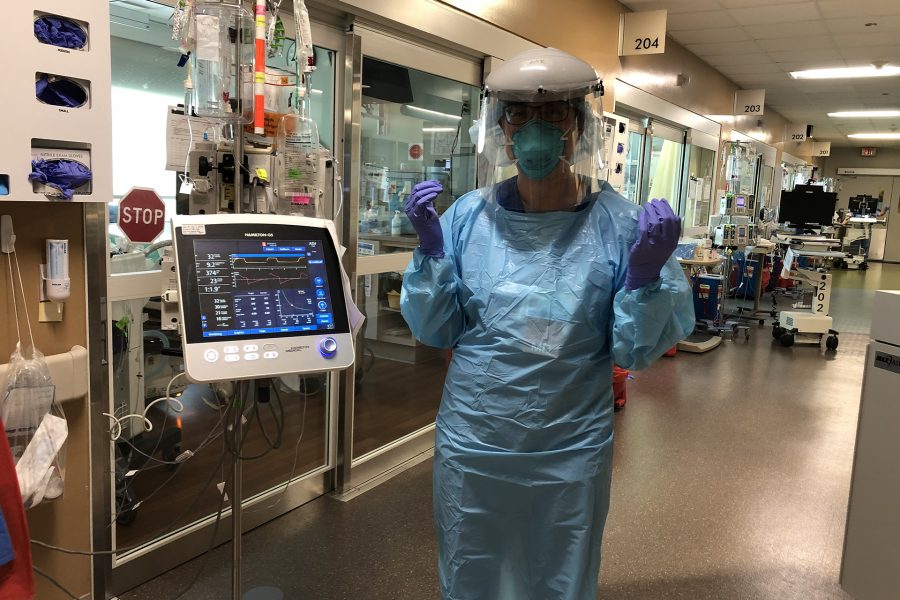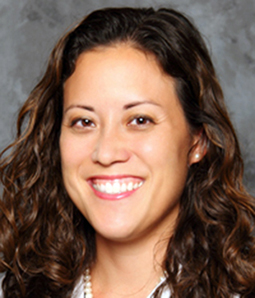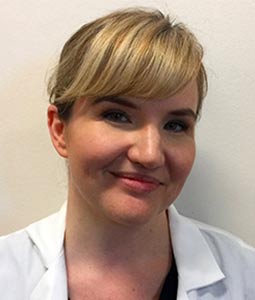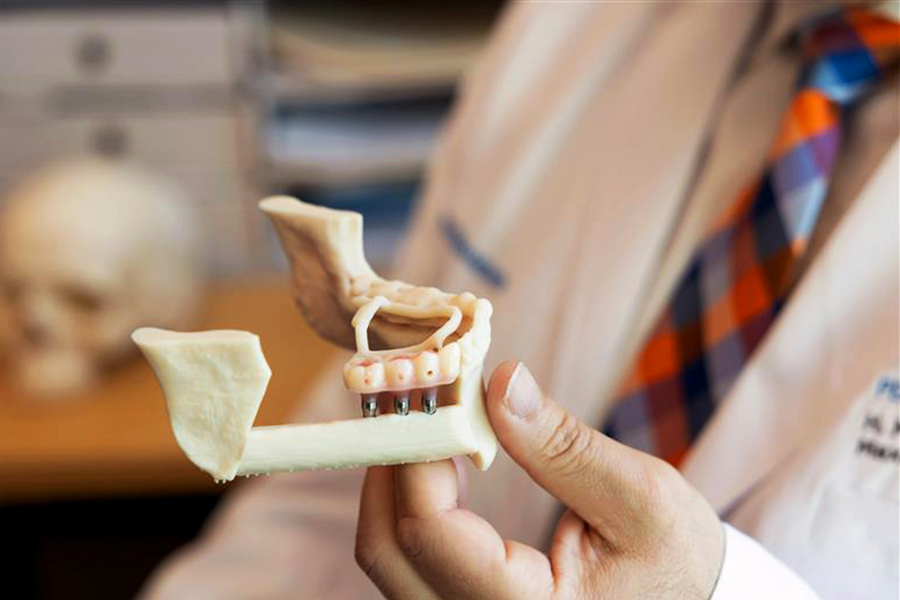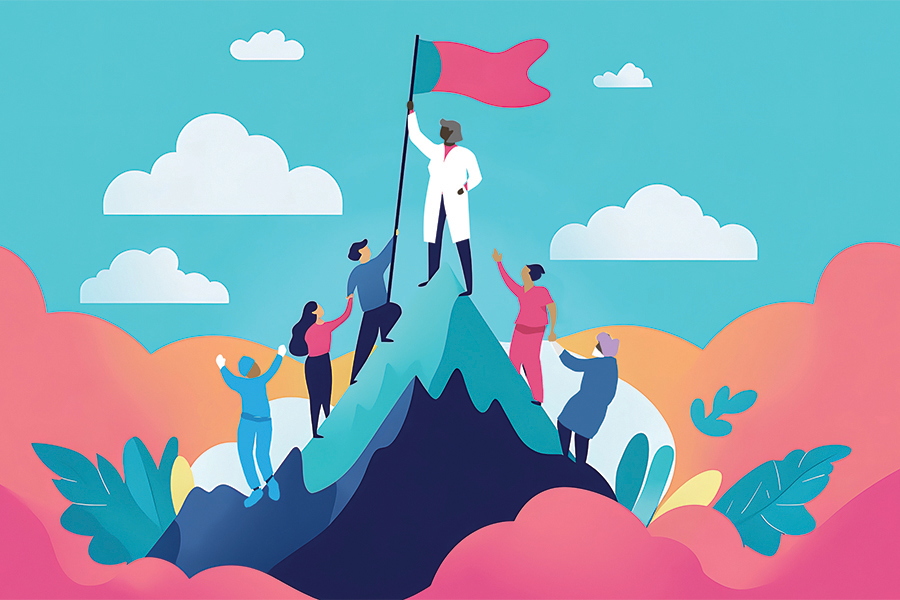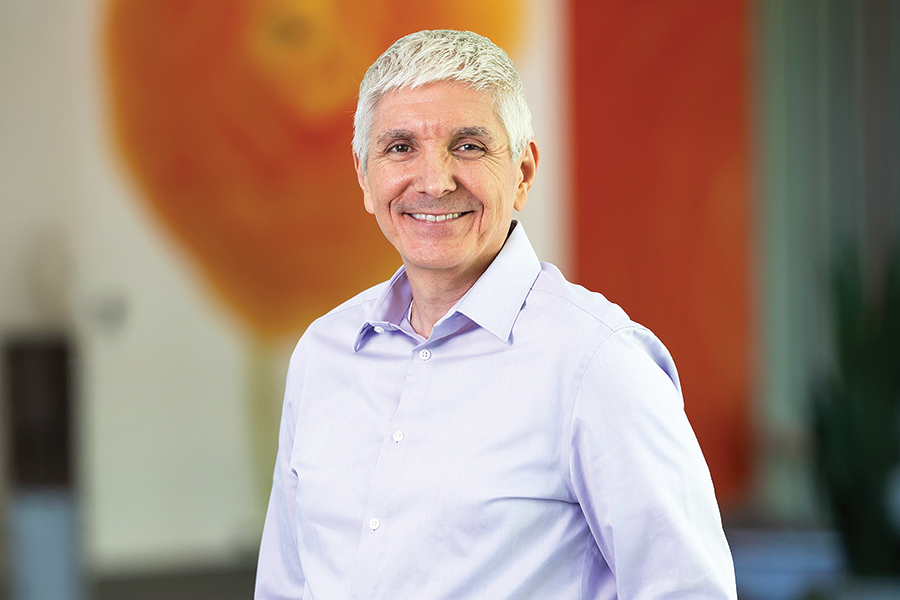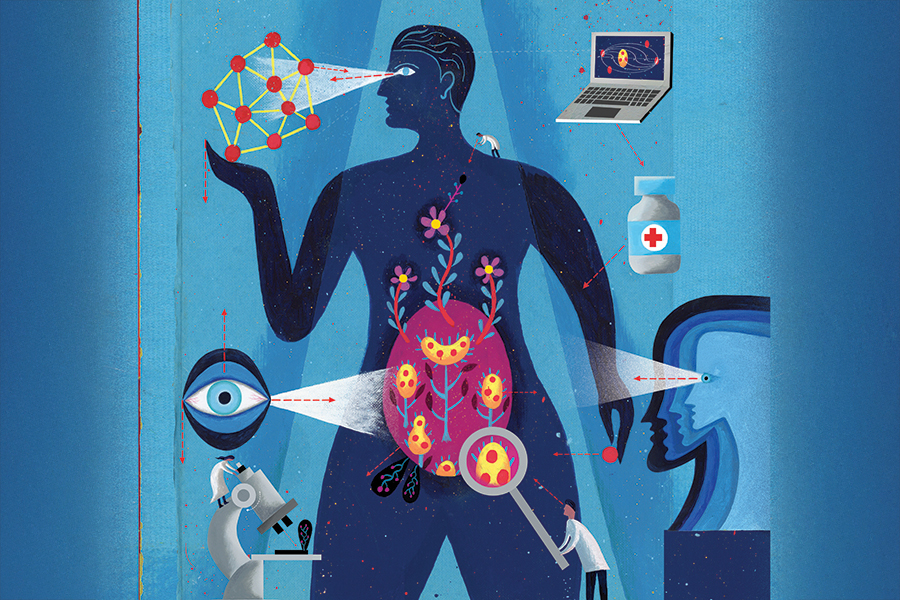April 20, 2020
It’s difficult to watch patients with COVID-19 suffering alone, with no family nearby to provide comfort. Seeing the loneliness patients in isolation are experiencing weighs heavily on the minds of front-line care providers at Kaiser Permanente Fresno.
Dr. Avik has 2 young children; boys ages 4 and 18 months. She says there are days when she only sees them for an hour — if at all. She says it’s heartbreaking that she can’t hug them when she walks in the door, instead telling them don’t touch Mommy until after she showers.To cope, she journals and drinks stress-relief tea.
She plays Christmas music on her way to work to cheer herself up.“It’s hard because everyone is sacrificing time away from their families, but we do it, and we come to work every day because it’s the right thing to do.”
“You mentally prepare yourself going in to work,” said Stephanie Edwards, RN, assistant nurse manager in a Telemetry COVID-19 unit. “You know you have to be there to support and help them. The patients are very scared.”
Health care providers throughout Kaiser Permanente have found themselves battling a new, somewhat mysterious virus that has forced patients to be separated from their families — often isolated for weeks at a time.Edwards says she finds herself holding patients’ hands, praying with them — even crying with them at times.
It’s not only heartbreaking for the patients and their families, but for their care providers as well.
Distancing at Home; Gratitude at Work
Edwards is also sacrificing time away from her family. To keep her family safe, she is self-isolating at home, staying in a bedroom by herself and only using 1 bathroom. Her husband leaves food outside the door.
“It’s hard and there are days when things really get to you,” she said.
She appreciates the morning huddle with her team of nurses where they go around a circle and say what they are grateful for.
But she said she takes some comfort in the camaraderie she experiences at work. She appreciates the morning huddle with her team of nurses where they go around in a circle and say what they are grateful for. And she says the deep breathing exercises they do to clear their minds before they start their shift are helpful too.
She said she doesn’t feel the public fully understands the risk. She still hears parties in her neighborhood at night and has seen people on social media even questioning whether COVID-19 is real.
“This really could happen to any of us; this virus doesn’t discriminate,” she said. “And it can change very rapidly.”
Although the days are long and challenging, both Edwards and Dr. Avik said they know the value in the work they are doing. And that’s what keeps them going every day.
“We want to be there for our patients,” Edwards said. “We’re their family right now.”
Holding patients’ hands, playing their favorite songs, and setting up video chats with their loved ones are some of the ways 2 Kaiser Permanente Fresno clinicians are going above and beyond for their patients diagnosed with COVID-19.
This was originally published on Inside KP


